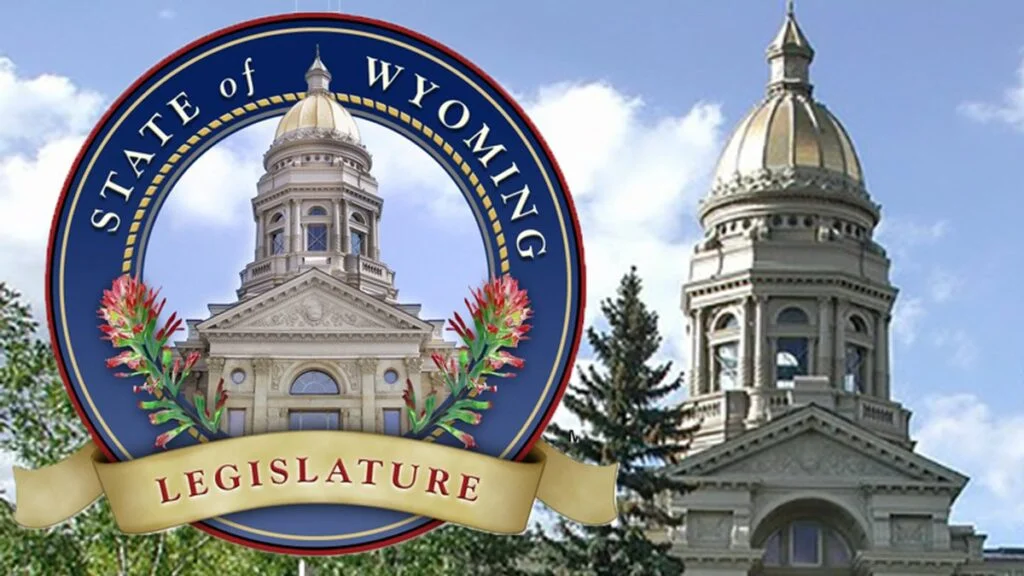Wyoming lawmakers have enacted legislation that, with one tiny exception, prohibits state courts from ordering anyone to reveal their digital asset private keys.

On Feb. 15, the Wyoming House of Representatives passed the bill 41-13, a day after the Wyoming Senate passed it 31-0.
If Wyoming Governor Mark Gordon signs the measure, it will go into effect on July 1.
W.S. 34-29-107, titled “Production of private keys; ban,” is a new law. The Wyoming Legislature is the source of this information.
The impending law states that “no individual shall be compelled to provide a private key or make a private key known to any other person in any civil, criminal, administrative, legislative, or another proceeding [s]” in Wyoming.
Any private keys linked with digital assets, one’s digital identity, or any other interests or rights that the private key offers are covered by the law.
When a public key is unavailable or unable to divulge details of a digital asset, digital identity, or other interest or right, a minor exemption applies.
However, the statute notes that the new law will not prevent a person from being compelled “to produce, sell, transfer, transmit, or disclose a digital asset, digital identity, or other interest or right” to which a private key may allow access.
It also doesn’t prohibit one from being compelled to “disclose information about the digital asset, digital identity or other interest or right.”
W.S. 34-29-107, the new law, will be titled “Production of private keys; ban.”
The legislation governing private keys is found in Chapter 29 — Digital Assets, which is a part of Title 34 — Property, Conveyances, and Security Transactions.
The bill’s passage comes after the private key law has been in the works since September 2019.
Wyoming has long been regarded as one of the most cryptocurrency-friendly states in the United States.
It was the first state in the United States to declare a decentralized autonomous organization (DAO) as a limited liability corporation (LLC) in July 2021, and it previously contemplated a state-issued stablecoin in February 2022 — but it doesn’t appear that those efforts have proceeded much since then.
